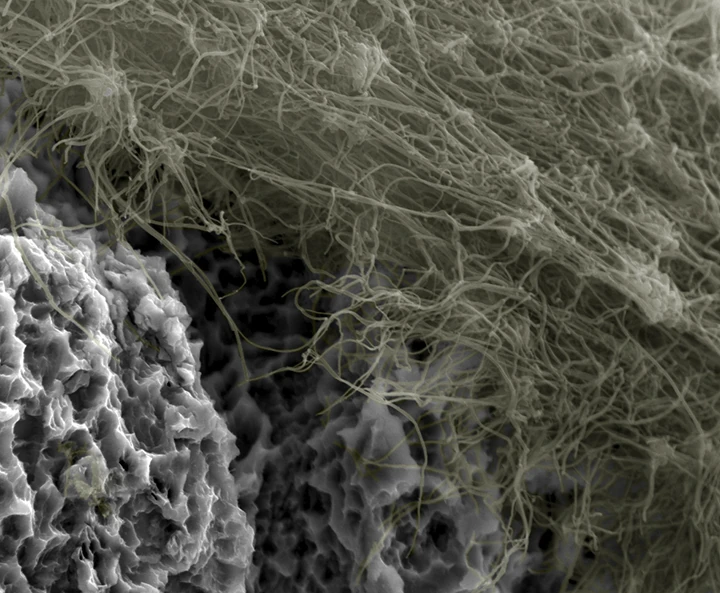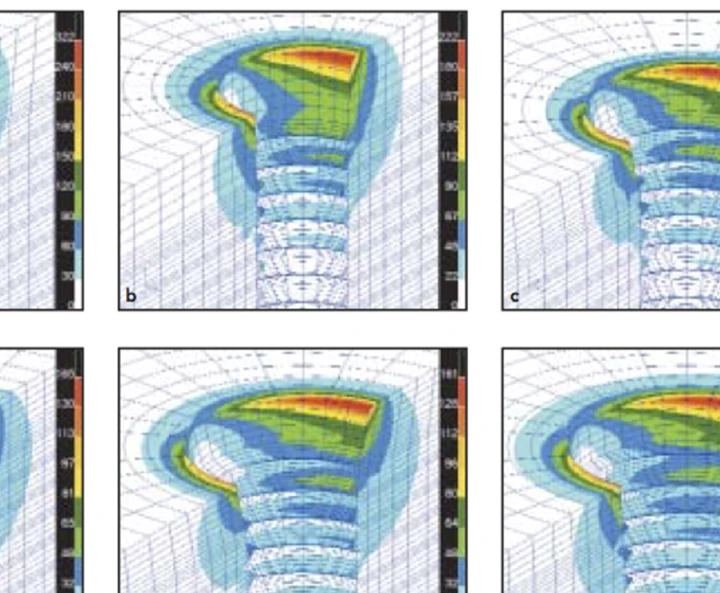For BTI, our patients and their well-being are always the focus of our research process. For this reason, our focus has a clearly biological component that comes from profound knowledge of the tissue regeneration processes and is based on optimising and adapting the treatment to the patient's clinical situation.
In this regard, we carry out several lines of research to develop/evaluate surgical techniques and/or autologous treatments in tissue regeneration. Preservation of the post-extraction socket is a good model for evaluating the capacity of different clinical alternatives (both in materials and protocols) when accelerating bone regeneration, curing soft tissue and reducing patients' discomfort.
We also study both the prevention and treatment of the occurrence of complications associated with extraction, such as dry alveolitis or osteonecrosis of the maxilla associated with medicines (MRONJ). Therefore, the use of autologous growth factors allows us to advance in different lines of research in the field of periodontal regeneration, peri-apical surgery, regenerative endodontics, pre-implant surgery for bone augmentation and advanced bone regeneration therapy. Also, the use of autologous proteins from blood in the treatment of erosive oral lichen planus and other ulcerative conditions opens a new horizon in clinical and translational research.
Temporomandibular joint disorders (ATM) are often associated with chronic pain and imply a handicap for everyday activities, reducing patients' quality of life. In this context, we are carrying out several lines of research to design new treatments revolving around the intra-articular injection of PRGF.


As international role models in the field of implantology, we are constantly evaluating the predictability of the BTI implant system. We are especially interested in developing minimally invasive predictive protocols that have a clear biological focus. Therefore, the study of risk factors for the failure of implant treatments provides us with ideas for studying biomechanics and the surface of dental implants. This means that the designs of BTI dental implants, at the macro and micro level, are optimised.
We carry out research in connection with the "Bio-Block" concept that brings together biomechanics, biology and clinical elements. We therefore encourage and participate in lines of research that enable the optimisation of the prosthetic design. Furthermore, the digitisation of oral implantology is an extremely promising line for facilitating clinical work, improving its results and preparing for facing new epidemiological challenges.
